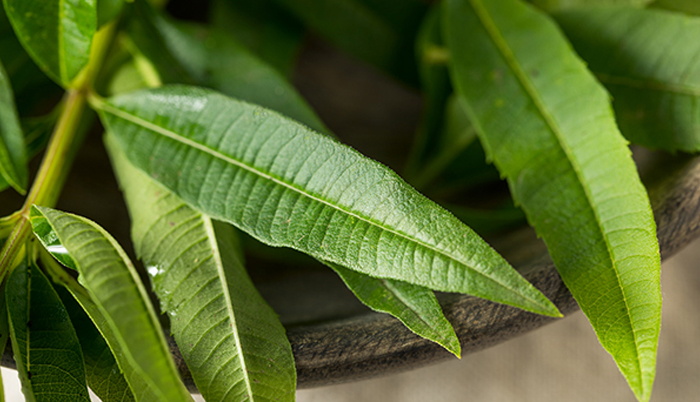![]() Home > Health
Home > Health
Compound In Lemon Verbena May Help Normalize Lipid Metabolism In Diabetics

![]() December 19th, 2020 | 15:17 PM |
December 19th, 2020 | 15:17 PM | ![]() 328 views
328 views
NATURALNEWS
Lippia triphylla, commonly known as lemon verbena or lemon beebrush, is a flowering plant native to South America. It was brought by the Spanish and the Portuguese to Europe in the 17th century, where it is cultivated for its lemon-scented oil to this day. The leaves of lemon verbena can retain their odor for years; hence, they are currently used to make perfumes as well as herbal teas.
Lemon verbena is also known for its medicinal uses. For instance, lemon verbena essential oil is valued for its calming and digestive properties. It is also known for soothing abdominal discomfort and treating various ailments, such as nervous system-related problems, acne, boils and cysts. Lemon verbena leaves and flowers, meanwhile, boast antispasmodic, antipyretic, sedative and stomachic properties. The leaves, in particular, are used to make a medicinal tea that can relieve digestive disorders like flatulence, indigestion and acidity.
In a recent study, researchers at Tianjin University of Traditional Chinese Medicine explored another medicinal application of lemon verbena. Specifically, they looked at the effects of lemon verbena extract and its active component, acteoside (ACT), on abnormal liver lipid metabolism. The researchers reported their findings in an article published in the Journal of Natural Medicines.
Lemon verbena can reverse diabetes-related lipid metabolism disorder
According to studies, diabetes is linked to triglyceride metabolism disorder, which serves as an etiological factor in fatty liver disease, hypertension and cardiovascular disease. Diet-based therapy, which includes a balanced energy intake and the use of herbal supplements, is deemed a suitable approach to stop the progression of these diseases.
The leaves of lemon verbena, a member of the Verbenaceae family, are used for cooking as well as to make natural remedies. They are either cooked like spinach or used as a flavoring for salads. Many people enjoy eating lemon verbena leaves because of their strong yet delicious, lemon-like flavor. Because of the plant’s widespread use, long-term consumption of lemon verbena is considered safe.
The researchers found that treatment with lemon verbena extract and ACT significantly decreased serum and liver lipid content in vivo. It also increased the phosphorylation of the energy metabolism moderator, adenosine 5?-monophosphate-activated protein kinase (AMPK), and reduced the levels of two markers of lipid synthesis, namely, acetyl-CoA carboxylase (ACC) and fatty acid synthase (FAS).
AMPK is an enzyme that plays an important role in metabolism and the maintenance of cellular energy homeostasis. It is necessary for the activation of glucose and the breakdown of fats (fatty acid oxidation) when cellular energy is low. The addition of phosphate at specific sites (phosphorylation) activates AMPK and stimulates its activity by more than 100-fold.
ACC is a rate-limiting enzyme that regulates the synthesis of fats inside the body. Inhibiting ACC is an effective way of suppressing fatty acid synthesis, which can help stop lipid accumulation. FAS, meanwhile, is an enzyme that accelerates the synthesis of fatty acids. Like ACC, inhibiting the activity of FAS also helps prevent lipid accumulation.
The researchers also found that lemon verbena extract and ACT particularly enhanced the phosphorylation of ACC. Unlike the case with AMP, phosphorylation of ACC leads to its inactivation. In addition, ACT promoted lipolysis — the breakdown of triglycerides — and fatty acid oxidation by increasing the expression of adipose triglyceride lipase (ATGL), the enzyme that catalyzes the first step of lipolysis, and carnitine palmitoyltransferase (CPT)-1, the enzyme that activates fatty acid oxidation in the liver.
Altogether these findings suggest that lemon verbena leaves and their major component, acteoside, can be used as natural medicine for the treatment of diabetes-associated lipid metabolism disorder.
Source:
courtesy of NATURALNEWS
by Evangelyn Rodriguez
If you have any stories or news that you would like to share with the global online community, please feel free to share it with us by contacting us directly at [email protected]